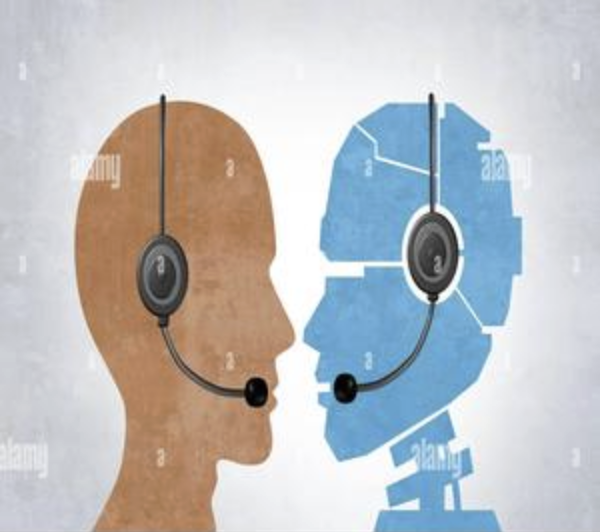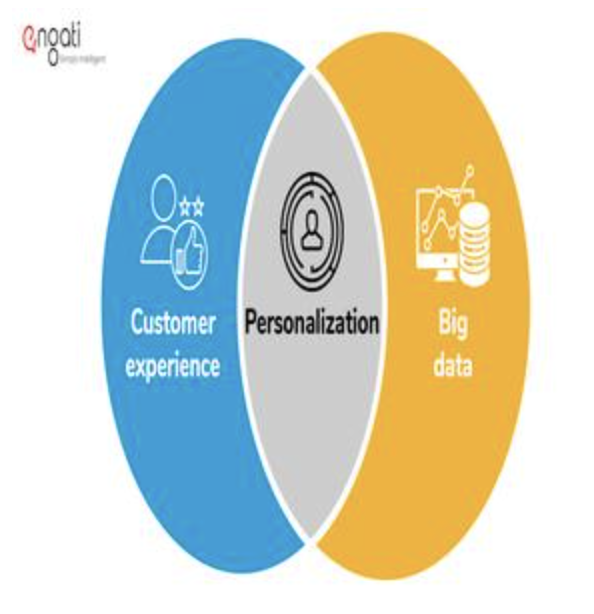Digital Humans: Replacing Live Customer Service?
For upscale companies, managing expenses is always a top priority. Digital humans offer an attractive financial solution. Research conducted by McKinsey reveals that companies have the potential to cut their customer service expenses by nearly 40% through the implementation of digital human technology.This means considerable savings for luxury brands, such as high-end fashion retailers that maintain extensive call centers for their international customers. Since digital humans don’t need salaries, benefits, or breaks, they are cost-effective. For example, a prominent tech company developed an AI-powered digital human for a luxury hotel chain, which can efficiently manage thousands of inquiries about reservations, room service, and check-in/check-out processes every day, all at a significantly lower cost than hiring and training human employees.

Unparalleled Availability
Wealthy customers, who often have unpredictable schedules, gain from digital human customer support available all day and night—free from limitations of working hours or different time zones. Clients with significant wealth can connect with private banking services at any time for questions, investment guidance, or major transactions, no matter where they are. DBS Bank in Singapore utilizes these digital humans to address intricate financial questions at any hour, providing smooth service no matter the location or time.
Personalization at Scale
Savvy shoppers desire experiences tailored just for them, and digital humans can provide this by analyzing data in real-time through AI. They remember previous interactions, individual likes, and past purchases to create customized options. For instance, digital customer service at luxury car dealerships can recognize returning clients by name, recommend vehicles aligned with earlier purchases and their lifestyle, and provide special opportunities for test drives. Tesla is looking into digital concierges in showrooms that can cater to unique requirements, such as eco-friendly features and performance preferences.

The Emotional Quotient Gap
Yet digital humans have limits: replicating human emotional connection in complex/sensitive situations is tough. A high-end customer facing issues like damaged luxury goods or investment setbacks often values human empathy over scripted responses. A luxury watch collector with a defective timepiece may prefer a human customer service’s compassionate reaction, which can salvage relationships and turn negatives into positives.
The Hybrid Approach: Best of Both Worlds
The future may not focus on fully replacing human workers, but instead on a combination of both digital and human services. Companies could use digital humans for everyday questions, providing data-based suggestions, and solving simple issues. With this method, human customer service agents could concentrate on more complex issues that need individual care.For example, a luxury travel agency might implement digital humans to share flight details, offer hotel choices, and suggest travel plans, while reserving human agents for special, bespoke travel arrangements that need careful planning and a personal touch.

To sum up, although digital humans are transforming customer service by offering cost efficiency, 24/7 support, and tailored interactions, they are unlikely to entirely take over from human representatives. It is essential for luxury brands to find a suitable balance, utilizing the benefits of both to create an outstanding customer experience.
(Writer:Galli)



